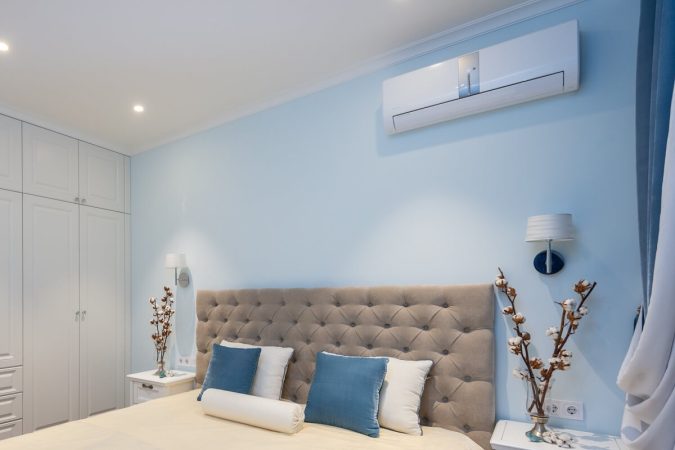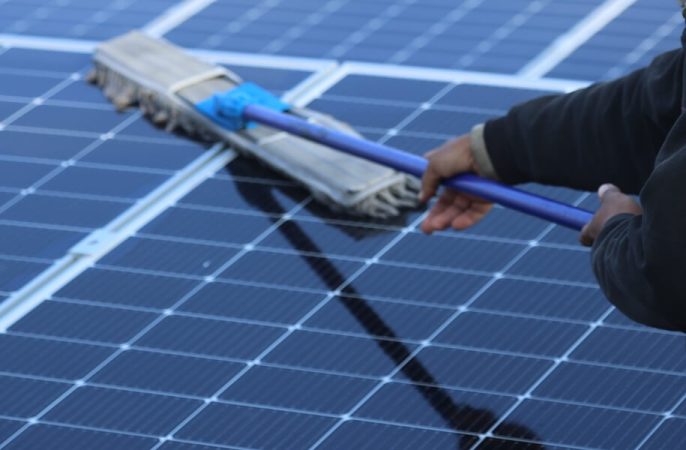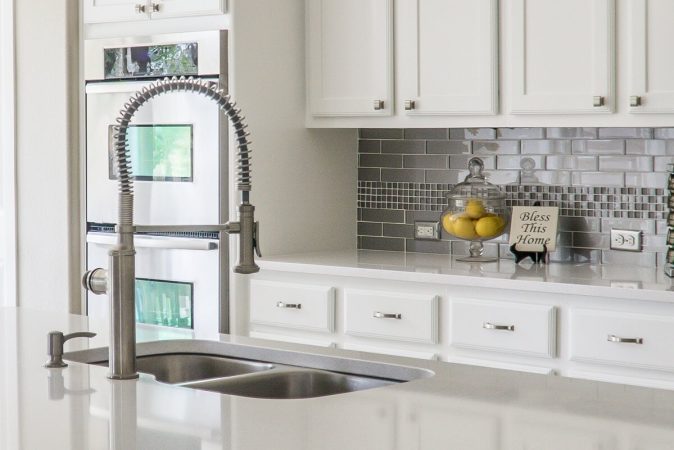As I entered retirement, I looked forward to the prospect of not working. However, I certainly didn’t budget for my appliances to stop working, too!
If you’re like me, the upkeep and maintenance of your car is non-negotiable, but I’ve never really thought about the upkeep of household appliances – until, of course, one of them let me down. An electrical appliance on the blink is inconvenient and costly, but malfunction can also lead to safety risks within the home.
The good news is that a regular maintenance schedule can help your home appliances withstand the test of time, while also reducing the risk of damage to your property.
With safety and cost savings in mind, I decided to investigate how to look after my household appliances and avoid expensive repair or replacement costs. Here’s what I discovered.
Maintaining technological devices
Regular maintenance is the key to keeping your technology in proper working order. This can help your devices stay at optimal performance for longer.
Looking after your phone, tablet, or computer doesn’t have to be overwhelming, and it doesn’t require advanced technological skills. All you need to do is keep up with the latest operating system updates recommended by your device.
It’s also a good idea to regularly backup your files and data. Saving information in another location can help you clear out your device and take pressure off the storage. It also means that you won’t lose access to important files (like precious photos of the grandchildren) if your device stops working.
Maintaining electrical appliances
When it comes to electrical appliances, sticking to a maintenance schedule is an important safety consideration. It can also help with an appliance’s efficiency.
Consider the electrical items in your home – are there user manual recommendations for keeping them in good working order? For smoke alarms, this may mean cleaning vents, replacing batteries, and checking function at least once a year. For small appliances, you’ll need to verify that all cords are intact and that appliances are functional with no electrical hazards. If you’re unsure, having your older electrical appliances tested and tagged can offer peace of mind.

Air conditioners are a large electrical appliance that require regular servicing. I periodically have the son-in-law dust the hard-to-reach vents and clean that removable air filter on the head unit of my split system (I am terrified of falling and injuring myself while doing so) and am always horrified by the grime that accumulates. An annual professional service does that and more – including perform a deep clean to get rid of mould and bacteria, check the drain is clear and flowing, recalibrate the unit and check refrigerant levels. I have found from previous experience that professionally serviced ducted air conditioning is even more important, with the servicing fee a worthwhile investment to have them check the ducting and avoid the risk of damage to such an expensive appliance and keep it running at peak efficiency.

If your property has solar panels, you’ll need to engage a professional every one to two years. This person can remove dust and debris and ensure all panels are intact with no exposed/faulty wires or potentially dangerous switch defects.
Maintaining plumbing appliances
Maintaining plumbed appliances is an important step in avoiding water damage in your home – and can save you money in water bills, too. This means looking after everything from toilets and showers to washing machines and hot water systems.
An experienced plumber can perform scheduled maintenance on your home’s plumbing and plumbed appliances. A good plumber can check on your washing machine, replace shower seals, and repair a leaking toilet. They can also maintain drainage and guttering annually, preparing you for a safe and flood-free storm season.
Remember, some plumbing appliances are only made for the short-term. For example, new pull-out kitchen taps are designed to be replaced every five years. Otherwise, they could burst and flood your kitchen without warning.

One of the most important plumbing updates you need to be aware of is your hot water system. Every six months, a plumber should operate the pressure and temperature relief valve and the cold water expansion valve, as well as checking the isolator valve.
Every five years, a plumber needs to replace your hot water system’s pressure and temperature relief valve, along with the sacrificial anode. This ensures that the system doesn’t fill with corrosive sediment build-up and start costing more to run. Regular maintenance can also help your hot water system last for longer.
Get help from a professional
Maintaining household appliances is something I’ve chosen to outsource as I don’t feel I have the knowledge or inclination to do it myself. Admittedly, my son-in-law helps me with tech updates on my computer and mobile phone. However, for electrical checks, plumbing repairs, or hot water system servicing, I call in an experienced professional. It gives me the peace of mind I need knowing that my appliances are in good working order and will likely last the long haul.




